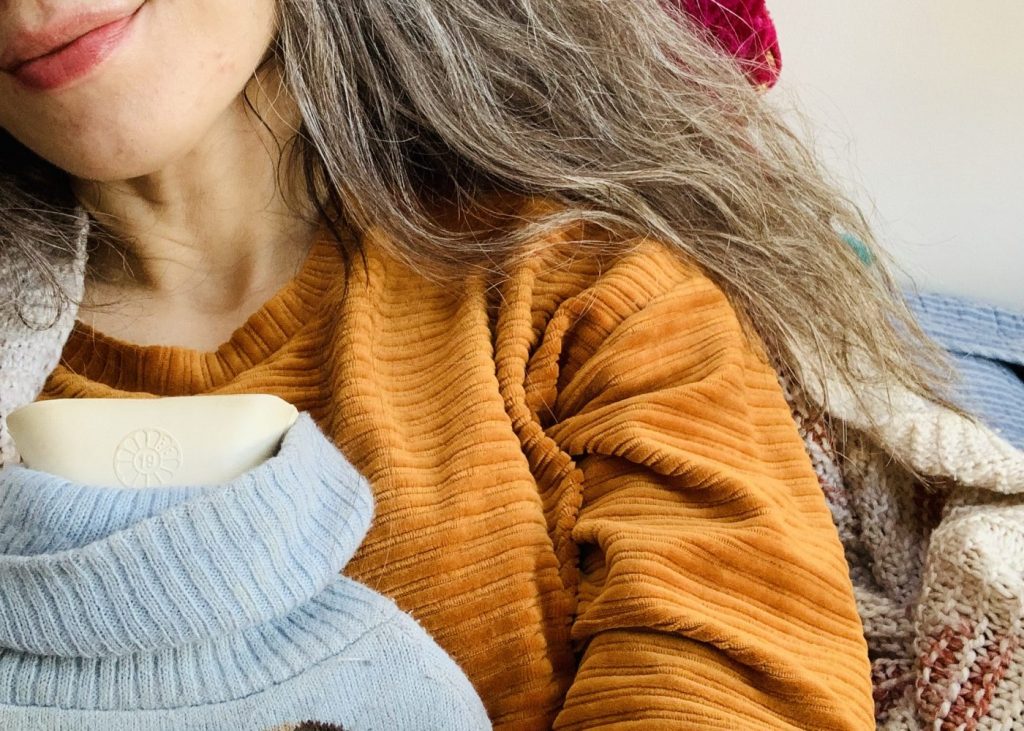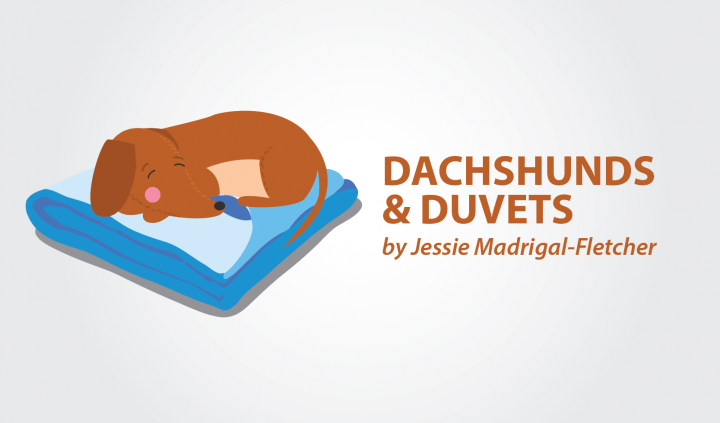When I was a little girl, Grandad taught me how to play the knife game and introduced me to body art and country music. He didn’t care that everyone else considered me “the difficult one.” He found my strong personality hilarious and always reminded me that it made me unique. “Spanish onion” was the nickname he gave me.
At first, the way in which he saw me made me proud. I loved being different. But in my teens, I dreaded being seen as odd. I had a foreign-sounding name, bushy eyebrows, and a somewhat unidentifiable accent.
Nothing has changed in that respect. Unique, different, and rare. There is something about me that makes me stand out in a crowd. But what makes me rare has nothing to do with my looks or the way I talk. What makes me rare is a combination of rogue endometrial tissue, intermittent pain, heavy bleeding, and mental health issues.
I’m the one with the special diet. The one with a social life limited by diminishing energy levels and constant pain. I am the friend, relative, and neighbor burdened by endometriosis.
It affects 1 in 10 women, but it is rare because no one seems to know how to treat it.
Endometriosis patients are an oddity to most doctors. We are the puzzle they can’t solve — a riddle of chronic pain. We are the patients knocking at their surgical doors more often than anyone else.
Some doctors don’t hide their exasperation, projecting their limited knowledge back at us and making us feel like a burden. Others camouflage their confusion behind a blunt, “I’ve never heard of this symptom,” or “There’s nothing I can do for you.” Or the popular, “It’s probably just stress.”
We stand out as incurable, somewhat untreatable, and definitely problematic. The odd ones out. The last ones on any waiting list. Being this rare can mean living in excruciating pain and facing surgeries that may leave us without organs we need. On a beach, our scars stand out as reminders of the bits of our bodies that we lost.

Rare Disease Day is Feb. 29. But what makes us rare is not this disease. Endometriosis affects millions of us. What makes us rare is a spirit of defiance through gritted teeth, a resilience that never dwindles even when we say we can’t go on. It’s a unique ability to empathize with strangers.
What makes us rare is being able to hear of someone’s pain and not shy away from it. We will reach out and offer ourselves, even when something inside us hurts. We have an incredibly high pain threshold, a trait Grandad saw in me way before I realized I had it.
What doesn’t kill us makes us stronger.
I will never celebrate this disease, but I will celebrate the fighting spirit of every endometriosis patient. I’ll say a little prayer for every young person who is diagnosed, and I’ll cheer whenever one of us lifts a fist in the air when a symptom disappears.
We are strong, we are many, and we are rare.
***
Note: Endometriosis News is strictly a news and information website about the disease. It does not provide medical advice, diagnosis, or treatment. This content is not intended to be a substitute for professional medical advice, diagnosis, or treatment. Always seek the advice of your physician or other qualified health provider with any questions you may have regarding a medical condition. Never disregard professional medical advice or delay in seeking it because of something you have read on this website. The opinions expressed in this column are not those of Endometriosis News or its parent company, BioNews Services, and are intended to spark discussion about issues pertaining to endometriosis.

